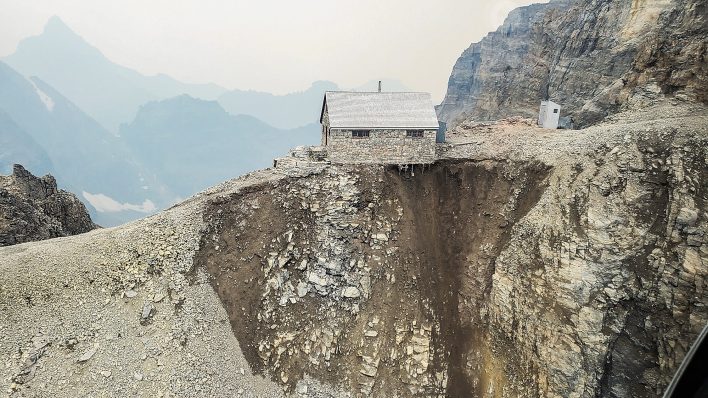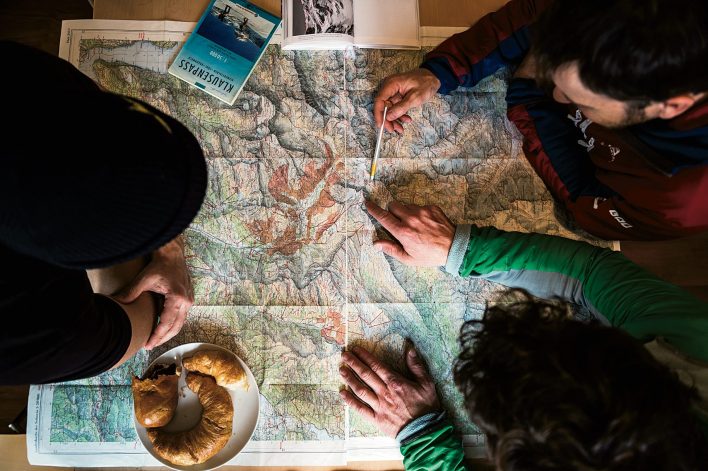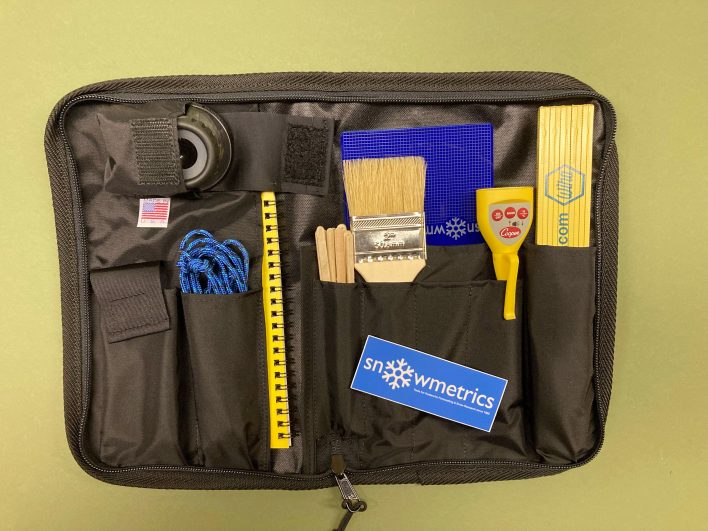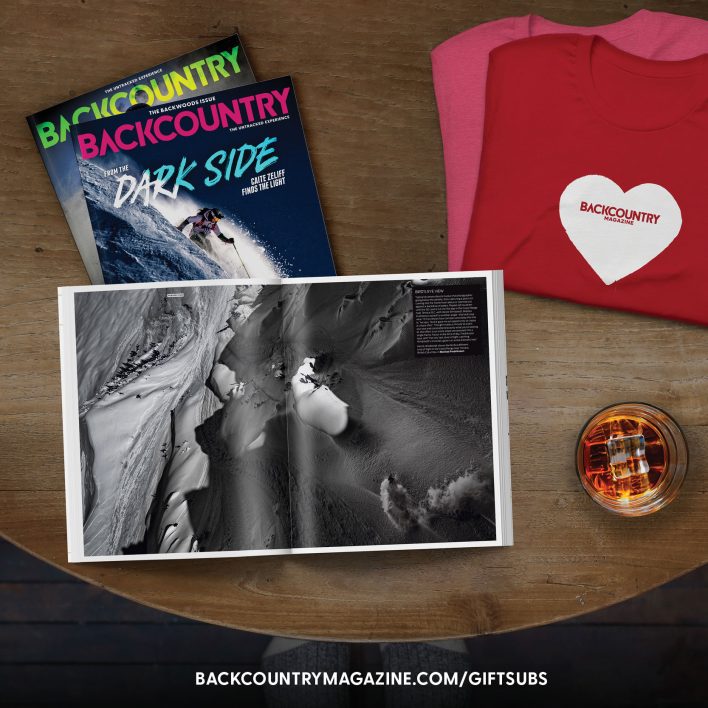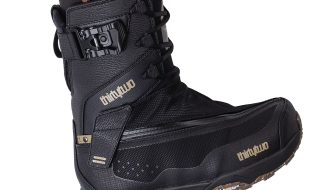After a century standing, all that remains of the Abbot Pass Hut in Canada’s Yoho National Park is a low-slung rock wall and decades of memories.
The Gondola Game: Smugglers’ Notch Resort owner responds to dustup over clandestine lift project
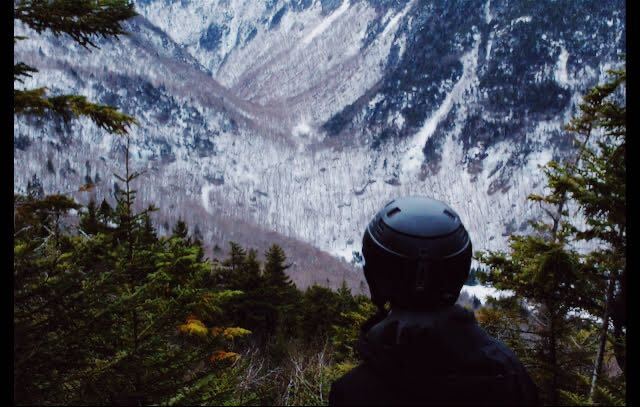
On June 1st, a secret, six-year-old plan to build a gondola between Vermont’s Smugglers’ Notch and Stowe Mountain resorts was uncovered by a local paper. While Smugglers’ Notch Resort president Bill Stritzler believes connecting the two resorts would benefit all user groups, locals have their doubts.
Ski Bum Dreams: A Vermonter follows her father’s skintrack
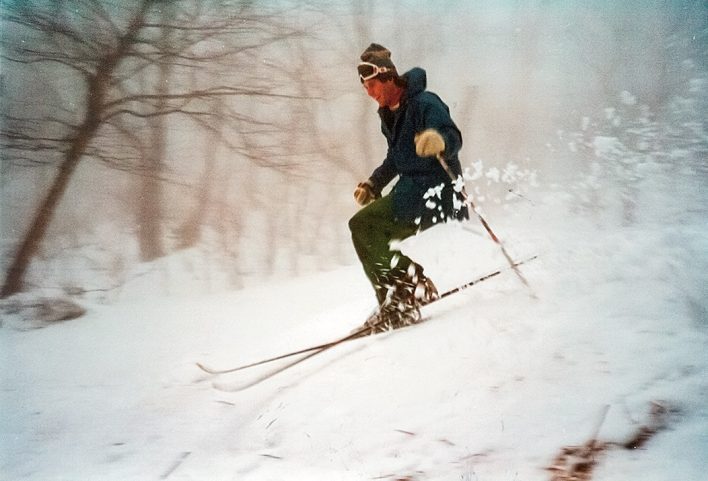
There are many reasons to become a ski bum. For Greta Close, chasing her ski bum dreams meant following in her father’s skintrack.
Tips to Get the Most Out of Your Ski Mountaineering Course
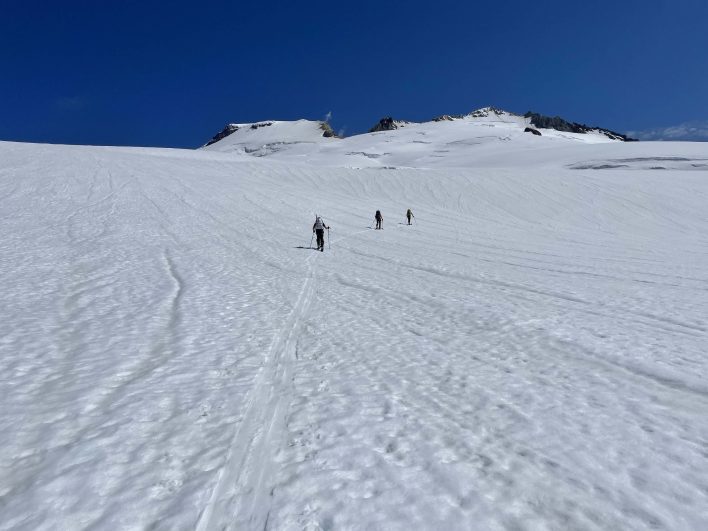
It’s easy to get caught up in the hardskills when you take a course, instead Tom Hallberg shares the human factors he found improved his learning experience.
Dust-on-Snow Events Threaten Winter and Spring Snowpacks
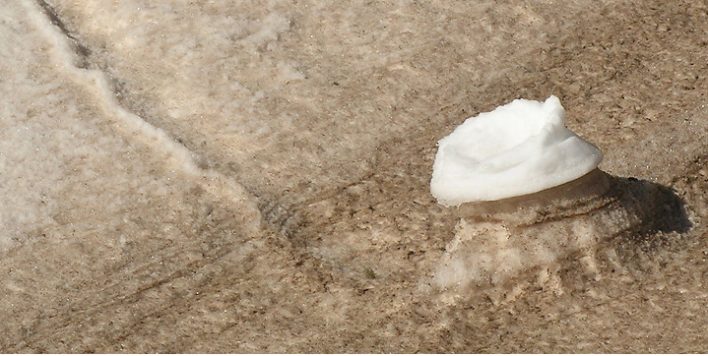
Dust on snow events are sure to make your skiing less fun, but they also pose major risks to streams and rivers by changing snow runoff.
In Relatively Average Season for Avalanche Deaths Across U.S., Colorado Approaches Record Number of Fatalities
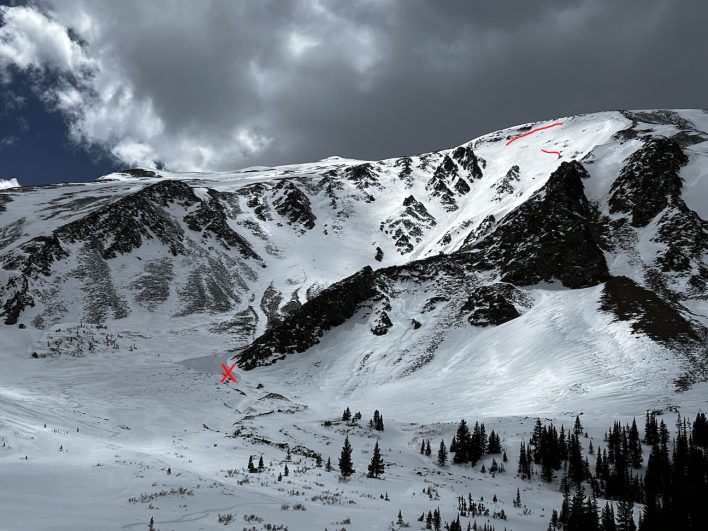
Avalanche deaths across the country are so far just shy of the 10-year average, but in Colorado that’s not the case.
The Long Game: Knee Surgery, a Year of Recovery and a Record-Breaking Return
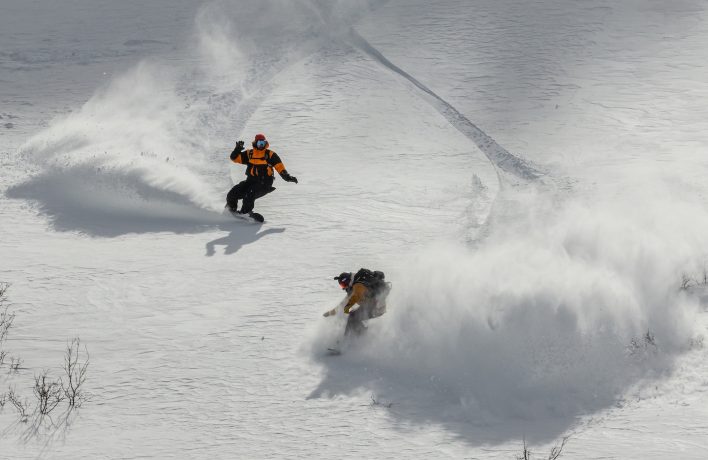
Most athletes avoid thinking about injury, except to work hard to avoid them. For Claire Hewitt-Demeyer, a yearlong recovery from knee surgery was a time to slow down and refocus, but she was still overjoyed to get the go-ahead to start snowboarding again.
The Art of Bailing: Turning Around in the Face of Uncertainty
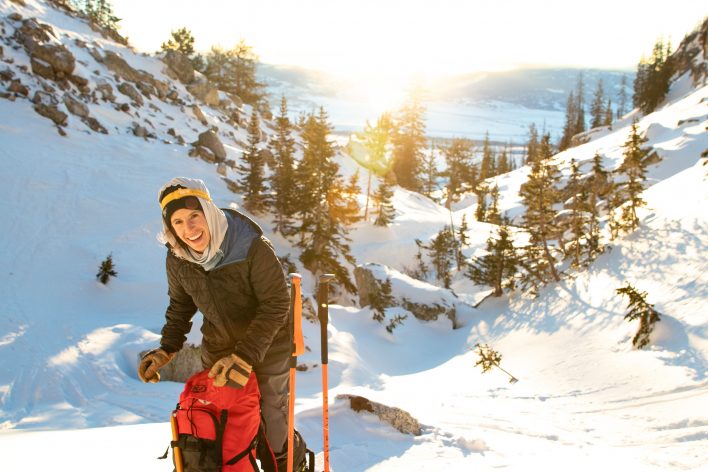
It’s not easy to bail on a line. Especially one you’ve dreamed about. Harder still to bail on your backup plan. So, Sophia Schwartz reframed her approach to these hard decisions—and left the mountains safe and happy despite turning back.



